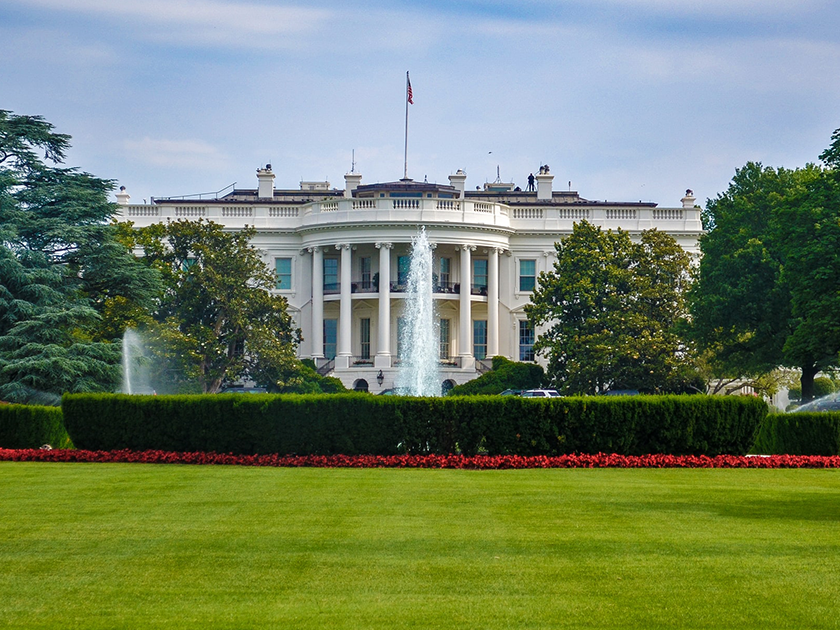
Refresh of Higher Education Regulations Announced
The Department of Education has announced plans to conduct a massive rulemaking process that would address a myriad of regulations under the Higher Education Act (HEA). Many of the proposed topics for consideration could have direct impacts on student veterans.
Here is a full list of proposed topics, according to the Department, with a brief explanation of each:
- Ability to benefit – A method for satisfying the high school diploma or equivalency requirement to receive federal financial aid by working in an approved career pathway.
- Borrower defense to repayment – Federal student loan relief available to students who are the victims of fraud or certain other institutional misconduct.
- Certification procedures for participation in federal financial aid programs – Rules that govern how schools are approved for receipt of federal financial aid.
- Change of ownership and change in control of institutions of higher education – Rules that apply to institutional ownership and control changes like when proprietary (for-profit) schools convert to non-profit or public-school status.
- Closed school discharges – Federal student loan relief available to students impacted by a school closure.
- Discharges for borrowers with a total and permanent disability – Student loan relief for borrowers who are totally and permanently disabled.
- Discharges for false certification of student eligibility – Federal student loan relief available to students impacted by institutions that fraudulently or inaccurately represent the student’s eligibility for federal student aid.
- Financial responsibility for participating institutions of higher education, such as events that indicate heightened financial risk – Oversight standards to ensure schools are operating in a financially responsible manner and minimizing risk to students.
- Gainful employment – Requirements to ensure career education programs provide their students with post-graduation earning potential that allows them to pay back their student loans.
- Income-contingent loan repayment plans – A form of income-driven student loan repayment offered by the federal government where the borrower pays the lesser of what their fixed monthly payment would be over 12 years based on income or 20% of their discretionary income with the remaining balance forgiven after 25 years.
- Mandatory pre-dispute arbitration and prohibition of class action lawsuits provisions in institutions’ enrollment agreements – Provisions governing if and how schools can include mandatory pre-dispute arbitration provisions as a condition of enrollment.
- Pell Grant eligibility for prison education programs – Eligibility rules for justice-involved students seeking to use federal Pell Grants.
- Public service loan forgiveness – A program designed to encourage public service by forgiving qualifying federal student loans for borrowers who work 10 years in a qualifying public service job.
- Standards of administrative capability – A broad set of criteria governing school operations designed to ensure institutions are administering their programs of education in compliance with HEA.
The upcoming regulatory process is known as Negotiated Rulemaking or sometimes just “Neg. Reg.” It provides stakeholders (schools, student and consumer rights organizations, associations, etc.) the opportunity to negotiate with each other and the federal government to reach agreements on higher education regulations. Virtual public hearings will be held on June 21, 23, and 24.
SVA will continue to provide regular updates as the process unfolds, including what it all means for student veterans, service members, and their families. Stay tuned for more, and don’t hesitate to contact us with questions.